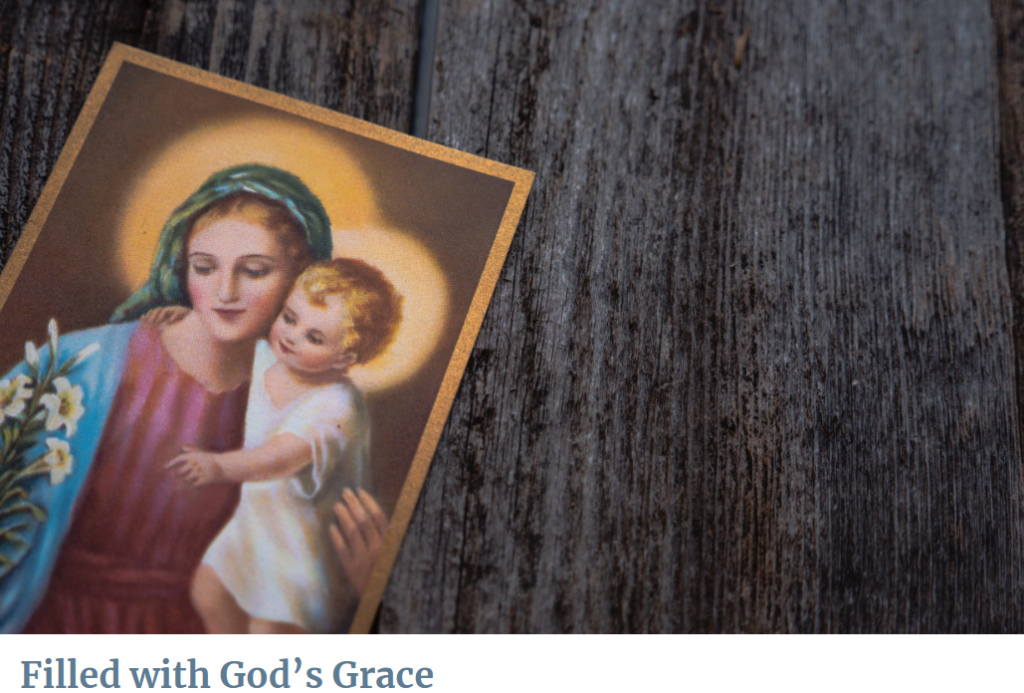
The Holy Family were refugees from a corrupt political situation and an unstable ruler. No matter how much Matthew focuses on the way this flight into another country fulfilled passages in the Hebrew Scriptures, the fact is they were fleeing for their lives. Pope Francis never misses an opportunity to remind us of this reality. In caring for today’s refugees from the many war-torn places around the globe, we are caring for the least of God’s people, and the end of Matthew’s Gospel reminds us that in doing so, we are caring for Christ himself. We may wish that our religious experience could take place in some sort of bubble, protected from the political divisions and ideological arguments that blare into our lives from the media. But Jesus was clearly born into a world of politics and ideology, of power struggles and armed conflicts. We can learn from him that our loyalty is ultimately to the kingdom of God and to the truth, not to any one political point of view. Pray to the Holy Family to watch in a special way over today’s refugees that they might find a place of safety and peace and perhaps one day return to their homes and families.
—from the book The Peace of Christmas: Quiet Reflections from Pope Francis
by Diane M. Houdek
//Franciscan Media//









